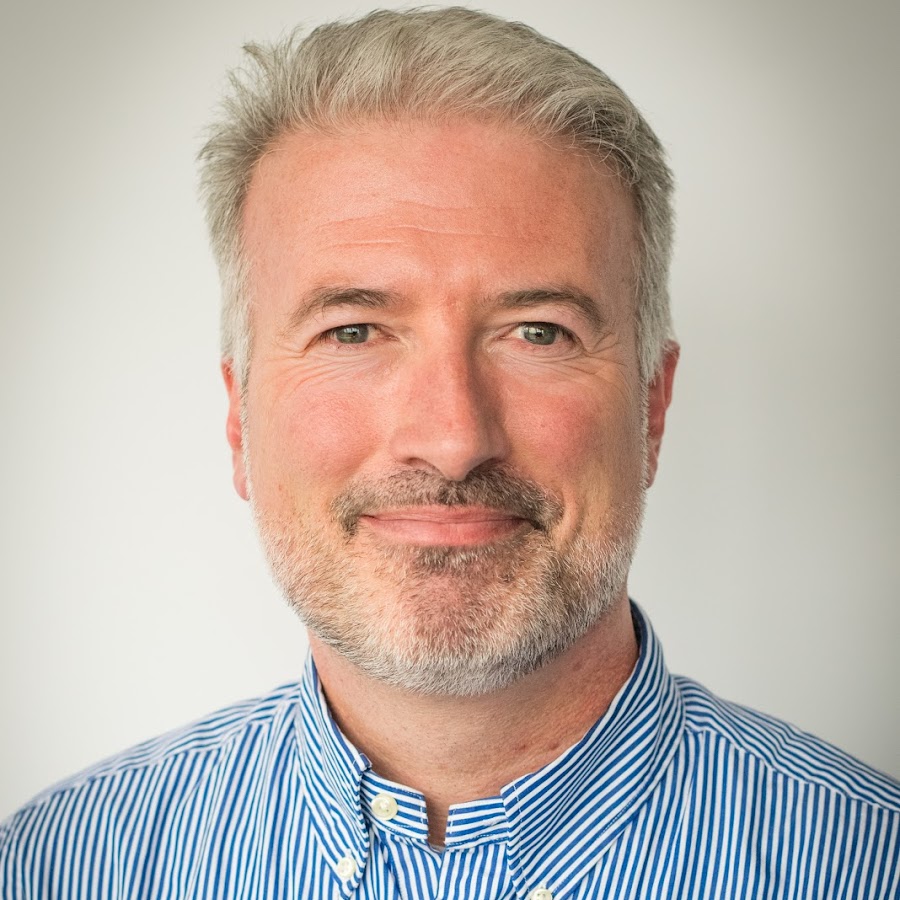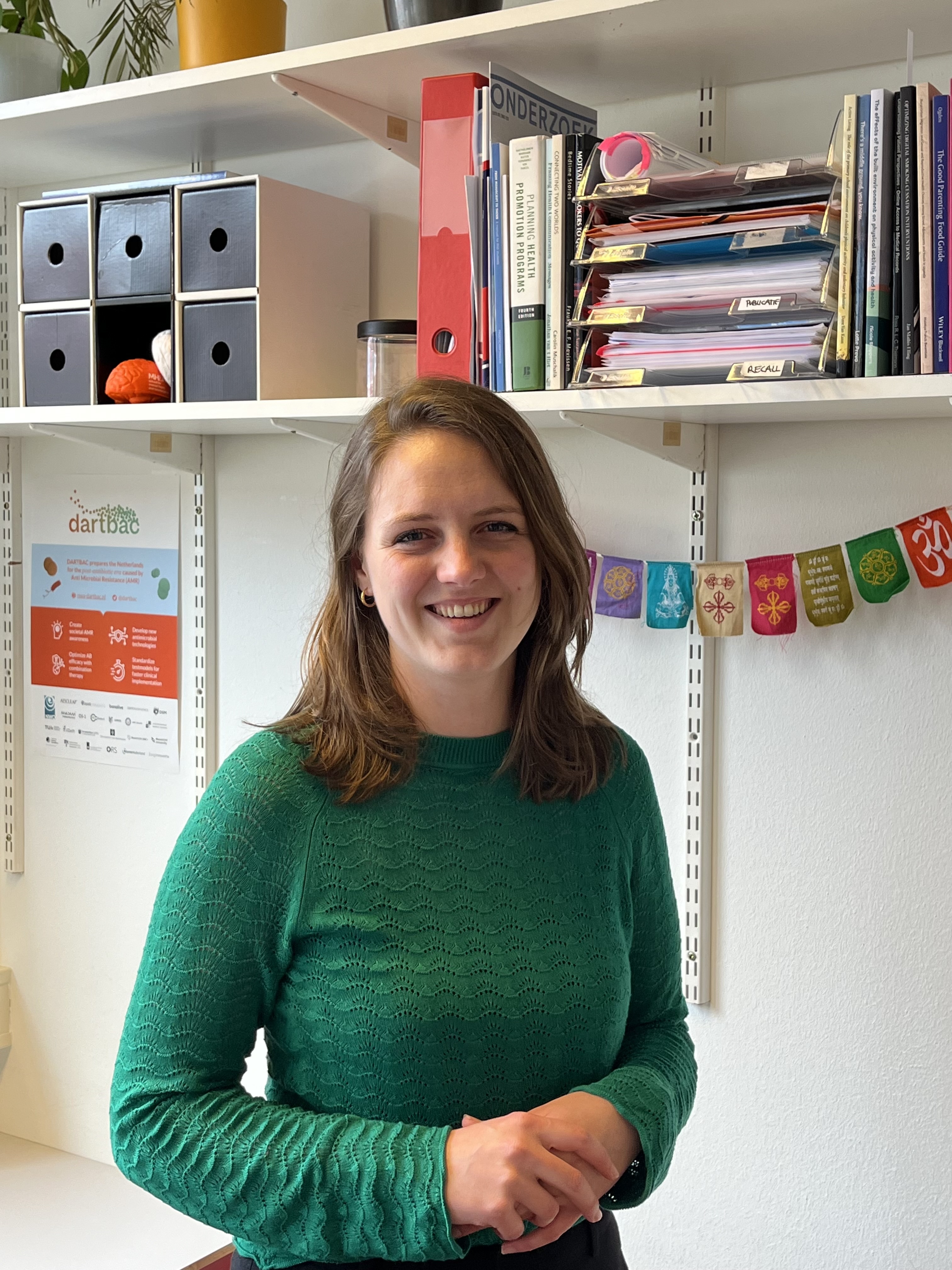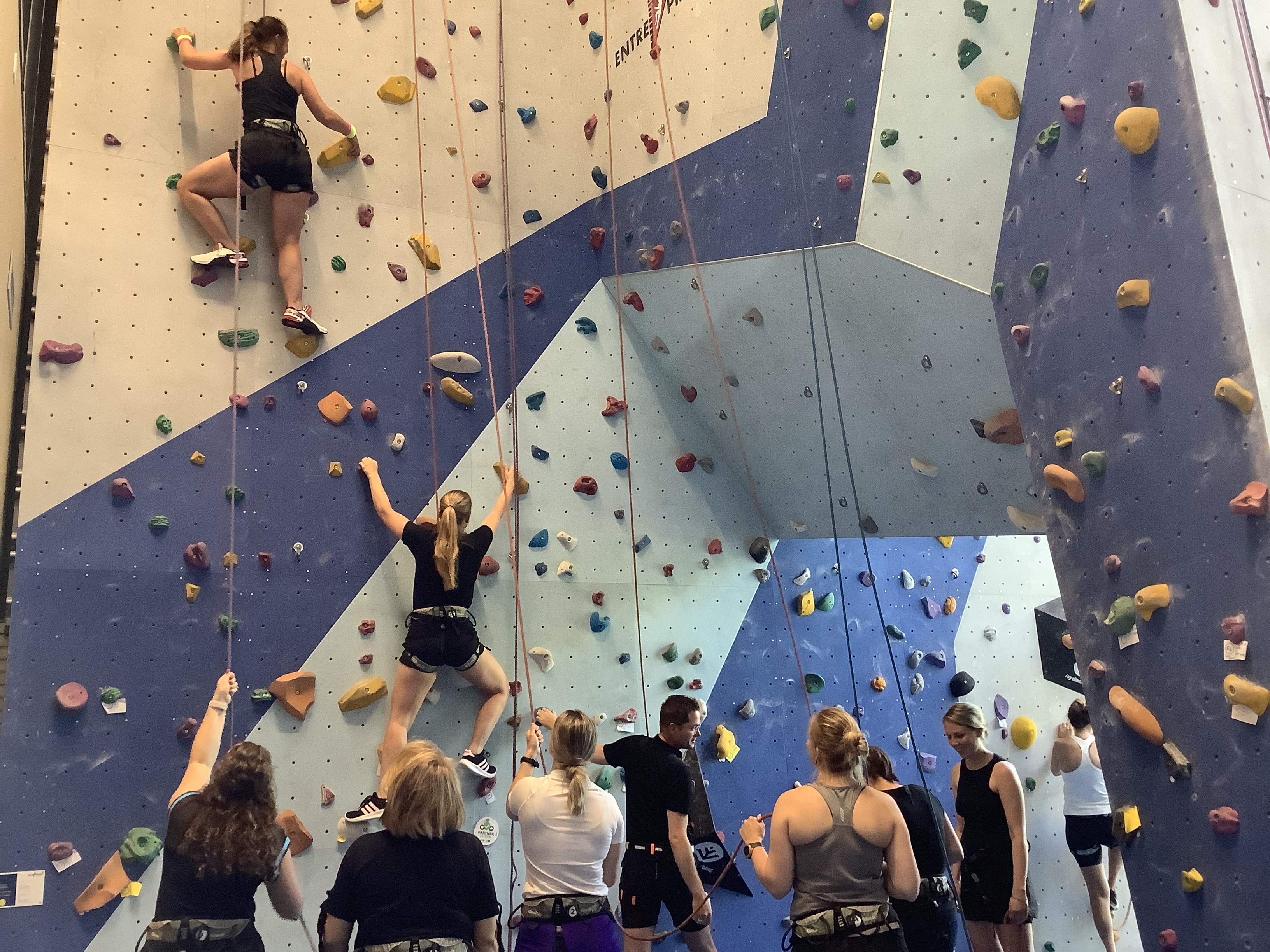Kofi Annan, water polo, and the depths of human cruelty
Midnight approaches on the coast of Lesbos. Costas Georgiades (Master’s student in Globalisation and Law) is about to toast to the new year with volunteers from all over the world, when they see a boat approaching. Everyone is ready and knows what to do – it can happen anytime and it is happening all the time. When they finally get to wish each other a happy new year, their number has grown by 83 refugees.

Already four times now, Costas has gone the extra mile for those taking on the daunting, infamous journey of 4.1 miles across the Aegean Sea. His own journey had begun elsewhere in the Eastern Mediterranean: he grew up in Cyprus, in the sunshine and the long shadow of global politics.
A UN-brokered peace plan was rejected in the 2004 referendum but international organisations’ efforts to foster dialogue on the partitioned island had a lasting impact – certainly on Costas. Emerging from a status quo of ethno-cultural division, he belonged to the first generation to engage with young Turkish Cypriots after the war in 1974. “In the beginning, I was rather conservative and cautious,” he remembers, “but I got to see that they were pretty much like me: active young people with the same dreams and goals.”
Inspired to make a difference (and come to Maastricht)
From then on, he was involved in many projects pertaining to the intercommunal issue, from youth exchanges to Cypriot government delegations discussing youth matters. He learnt a lot about leadership, communication and conflict resolution. Better still, he was inspired by meeting other young people keen to make a difference. This is also how he ended up in Maastricht: “Quite a few them were studying in here – I only became aware of UM through that network.”
When we meet at UM’s Academic Affairs offices, where he works part-time as an advisor for internationalisation, Costas is unshaven and wearing a frayed Maastricht University hoodie. He looks like a 25-year-old student, not a high-powered, fiercely ambitious future leader rubbing shoulders with world leaders like Kofi Annan and delegates from 196 countries at the One Young World Summit.

Costas with Nobel Peace Prize laureate Muhammad Yunus at the One Young World Summit
Take every chance at every step
After hosting a session at the Global Citizen Education Summit here at UM, he will be off for a couple of weeks to take up his Learners’ Voice fellowship from the Qatar Foundation’s World Innovation Summit for Education – together with other international fellows, he will develop projects supporting young people in emergencies, be it in Bangladesh, Jordan or Lebanon. Providing those in dire need with an education is the area in which he wants to make an impact.
“Looking back from where I am now, it all sounds like a logical progression but, really, it evolved – at every step, I just took any chance I could to develop as a person by meeting inspiring people.” He’s recounting his impressive list of achievements, from organising the UM Ambassador Lecture Series to serving as board member for the Youth Peace Ambassadors Network, in jejune fashion. Almost as a throwaway comment accompanied by, fittingly enough, a throwing gesture, he mentions that he was a member of the Cypriot national water polo team…

Costas speaking at the Global Citizenship Education Symposium at Maastricht University
What can I do to help? From emotion to action
News footage of drowned refugees washing ashore on Greek beaches made him spring into action: “We as global citizens have responsibilities towards our fellow human beings. I wondered how we can respond as a community and what my role could be; so I tapped into my network and asked around for ways to get involved.”
Deploying the search and rescue skills he had acquired during his 2 years of military service, he joined the first line of response in Lesbos, making sure the often dehydrated, traumatised or injured refugees were safe. “These experiences on the frontline really touch you, they change you as a person,” he recalls. Upon returning from the first mission, he decided to make family reunification of refugees in Europe the topic of his Bachelor’s thesis.
Privately and at work, he promoted activities that support refugees and intensified his involvement in the field: he returned as a volunteer, later as coordinator of a clinic in the Moria refugee camp. Spending more time with those rescued has clearly had a profound impact on him. He recounts the stories he has heard, the trauma he has witnessed: “I remember being shocked by how brutal human beings can be: you hear about rape, abuse and human trafficking… no matter how many statistics you read, it only becomes real once you hear it from those affected.”

On a rescue boat off the coast of Lesbos
Losing hope will not change the world
He becomes pensive when recalling his farewell from a young boy from the Yazidi, a tribe persecuted by ISIS: “On the last day of my first mission when I said goodbye he asked: ‘you go and I stay here?’ At that point I felt hopeless… but then I challenged myself to do all that I can to make a difference for this boys future.”
The situation is complicated and despite his idealism, Costas’s is a nuanced view. He knows that unaccompanied minors have to be reunified with family according to EU law; but also that, in order to decrease the volume of such cases, local authorities often defer processing asylum applications until the refugees’ 18th birthday. At the same time, he recognises that the impact of 10,000 refugees on the 80,000 recession-stricken inhabitants of Lesbos is enormous: “I really admire the courage, solidarity and dedication of the people of Greece and Italy – and I can understand their frustration.”
One wouldn’t put it beyond Costas to one day hold the kind of office allowing him to influence these things. Until then, he will focus on the impact he can make in his community: raising awareness by writing and speaking about his experiences and, of course, continuing to innovate education for those in crisis. There is plenty of work for people like Costas.

Also read
-
In the upcoming months, the Faculty of Health, Medicine and Life Sciences will share tips on Instagram on how to live a healthier life. Not just a random collection, but tips based on actual research happening at our faculty. The brains behind this idea are Lieve Vonken and Gido Metz, PhD candidates...
-

Frederik Claasen, the head of policy at our partner organisation Solidaridad Network on the opportunities and obstacles facing smallholder farmers in their data ecosystems.
-
Together with you we will create a unique and tailor-made program, taking into account everyone's wishes and needs.

